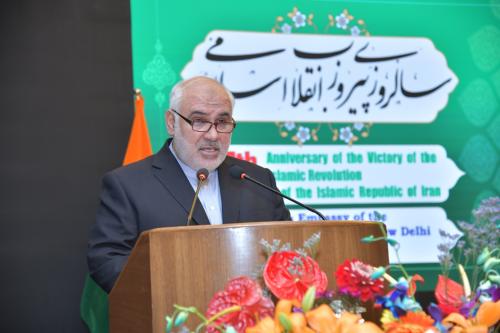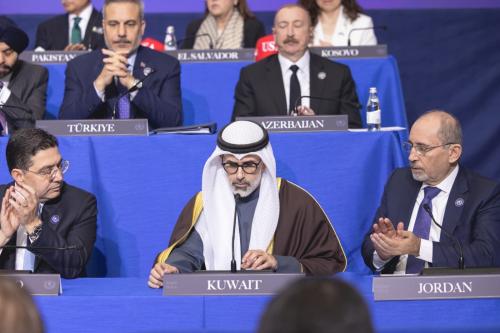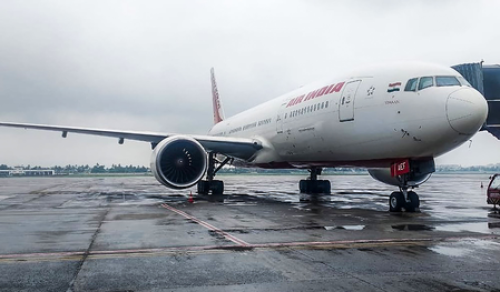By Michael Phulwani, and Dev B. anad Viswanath, On August 1, 2017, the Department of State (DOS) revised its Foreign Affairs Manual (FAM) and expanded the previous “30/60 day” rule to a 90-day threshold. This is new guidance for how consular officers should make determinations of inadmissibility under INA 212(a)(6)(C). Previously, the rule was that if a person who entered on a non-immigrant visa, like a visitor visa or visa waiver, filed for permanent residence within 30 days of entry, there was a irrebuttable presumption that they committed fraud/misrepresentation. If the person filed within 30-60 days of entry, there was a rebuttable presumption of fraud, which the applicant had the burden of proving otherwise. If after 60 days, there was no legal presumption, although Immigration would still be able to ask questions as to the applicant’s intentions when entering. In order to find an alien inadmissible under INA 212(a)(6)(C)(i), it must be determined that: (1) there has been a misrepresentation made by the applicant; (2) the misrepresentation was willfully made; (3)the fact misrepresented is material; and (4) the alien by using fraud or misrepresentation seeks to procure, has sought to procure, or has procured a visa, other documentation, admission into the United States, or other benefit provided under the INA. Under the new rule a presumption of willful misrepresentation is established “if an alien violates or engaged in conduct inconsistent with his or her nonimmigrant status within 90 days of entry.” 9 FAM 302.9-4 gives the following examples of "conduct that violates or is otherwise inconsistent with an alien's nonimmigrant status," for purposes of applying the 90-day rule (i) engaging in unauthorized employment; (ii) enrolling in a course of academic study, if such study is not authorized for that nonimmigrant classification; (iii) a nonimmigrant in B or F status, or any other status prohibiting immigrant intent, marrying a United States citizen or lawful permanent resident and taking up residence in the United States; or (iv) undertaking any other activity for which a change of status or an adjustment of status would be required, without the benefit of such a change or adjustment. If any of these actions occur within 90 days of entry a consular officer "may presume that the applicant's representations about engaging in only status-compliant activity were willful misrepresentations of his or her intention in seeking a visa or entry." A consular offer must request an Advisory Opinion from the Advisory Opinion Division of the Office of Legal Affairs in the Visa Office of the Department of State Bureau of Consular Affairs in order to make a finding of inadmissibility for misrepresentation under the 90-day rule. Under 9 FAM 302.9-4 when more than 90 days pass there is no presumption of willful misrepresentation. The prior “30/60-day rule” and the current 90-day rule have a few similarities and differences. Under the new rule the window during which an activity contradictory to the initial visa classifications could trigger inadmissibility under INA 212(a)(6)(C) is 90 days as opposed to 30 days. The new rule applies the same “reasonable belief” standard to inconsistent activities that occur after 90 days of entry to determine if the alien misrepresented him or herself. Under the prior rule if a status violation or inconsistent activity occurred after 60 days of entry than the DOS did not solely consider that activity as conduct to constitute inadmissibility. However, under the new rule there is no limit on when an inconsistent activity or status violation occurring after 90 days will give rise to "reasonable belief" that the alien misrepresented his or her intent. Although the DHS, USCIS, ICE, and CBP are not bound by the policies of another agency, DOS, they are allowed to consider such policies when making their own independent determinations and adjudications. Volume 8, Part J of the USCIS Policy Manual directs USCIS officers that "as long as there is a reasonable evidentiary basis to conclude that a person is inadmissible for fraud or willful misrepresentation, and the applicant has not overcome that reasonable basis with evidence, the officer should find the applicant inadmissible.” Granting that USCIS has not yet updated its Policy Manual to reflect the change to the 90-day rule, applicants for USCIS benefits should be mindful that they may be asked to present evidence to explain any misrepresentation concerns that USCIS may have.
‘Short term visits DO NOT = Permanent Residence opportunities’
- by Rinku
- December 04, 2017 2 minutes

Modi, Manmohan weakened Lokpal Bill: Anna Hazare
December 04, 2017











